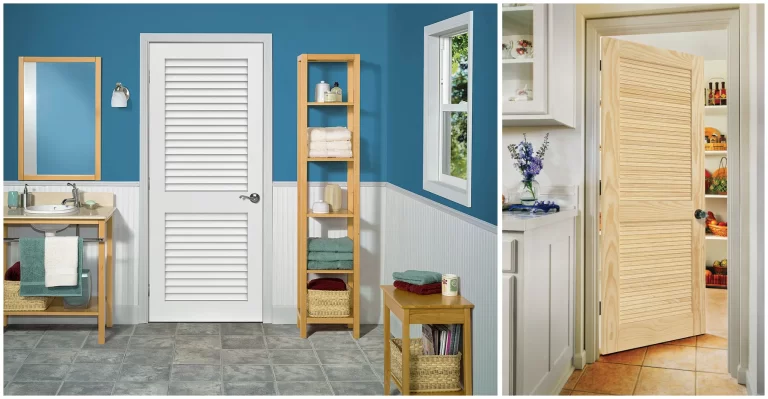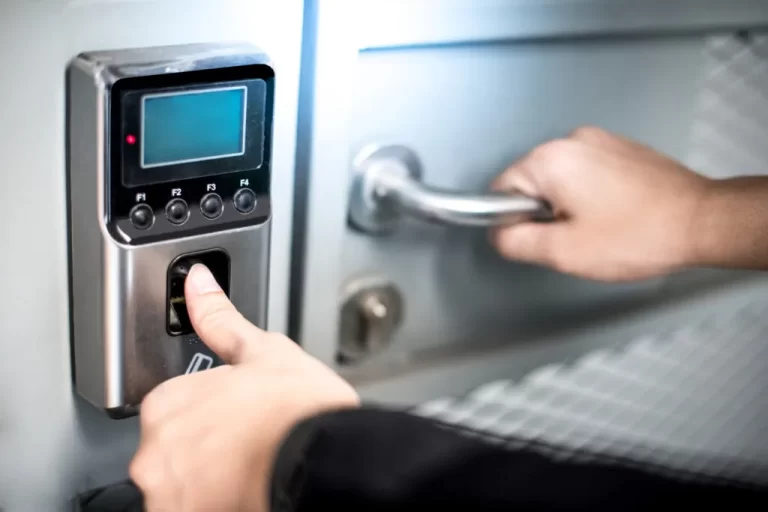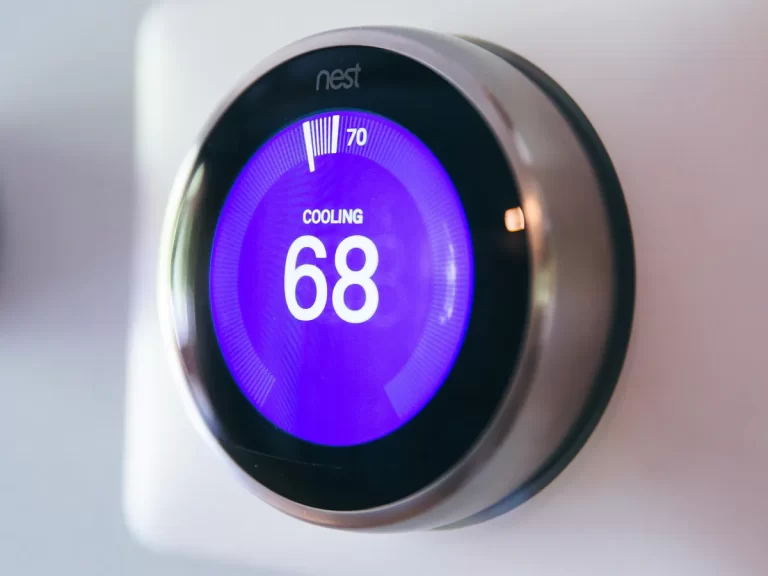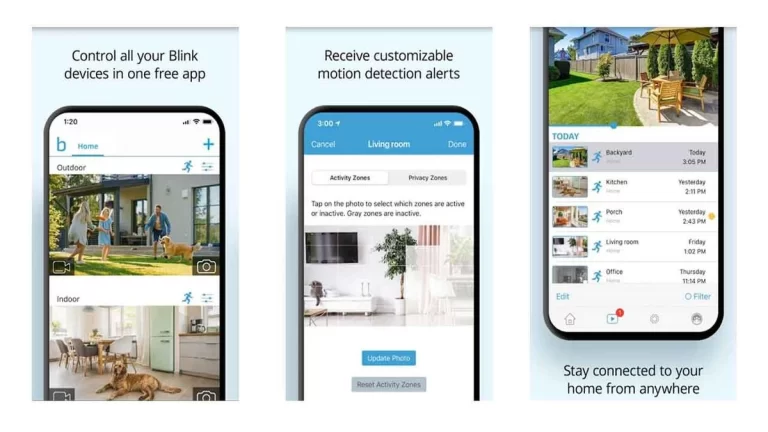How Many Security Cameras Do You Need for Your House?
How Many Security Cameras Do I Need for My House? To make your home safer, a security camera is a valuable investment. They’re popular as they add extra protection for your family. This article will discuss how many security cameras you will need, where to put them, and other relevant details.
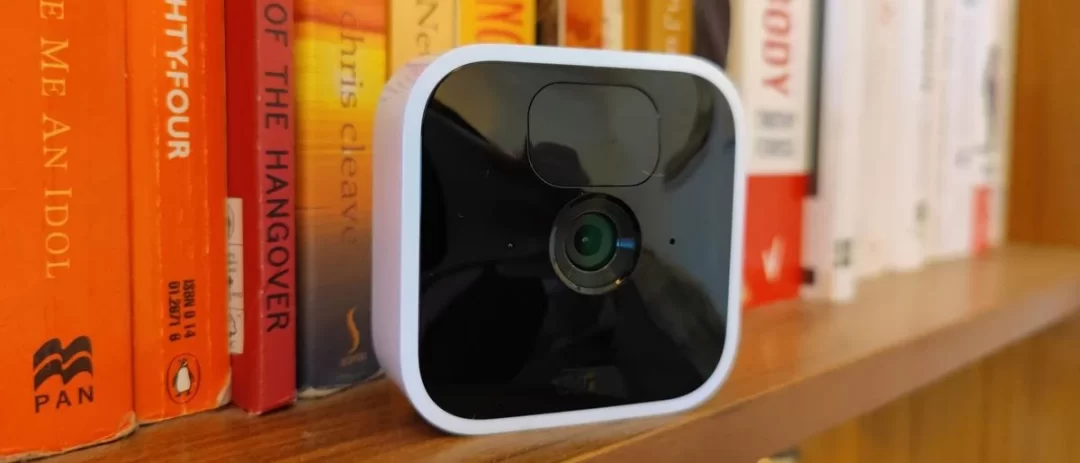
Where Should Security Cameras Be Placed on a House?
Before we discuss how many security cameras you need for your house, it’s important to understand where they should be placed.
The location of your security cameras is crucial to their effectiveness in capturing any suspicious activity. Here are some important locations to consider:
1. Front Door: This is the most important location to install a security camera. It’s the most common point of entry for intruders and provides an opportunity to capture their faces if they attempt to break in.
2. Back Door: Secondly, the most common point of entry for intruders is the back door. It’s important to have a security camera pointing at this area as well.
3. Windows: Security cameras should be installed near ground-level windows to capture any potential break-ins.
4. Garage: If you have a garage, it’s important to have a security camera pointed at the entrance to capture any suspicious activity.
5. Backyard: Lastly, if your backyard is easily accessible, it’s important to have a security camera pointed at this area as well.
Do Security Cameras Use a Lot of Electricity?
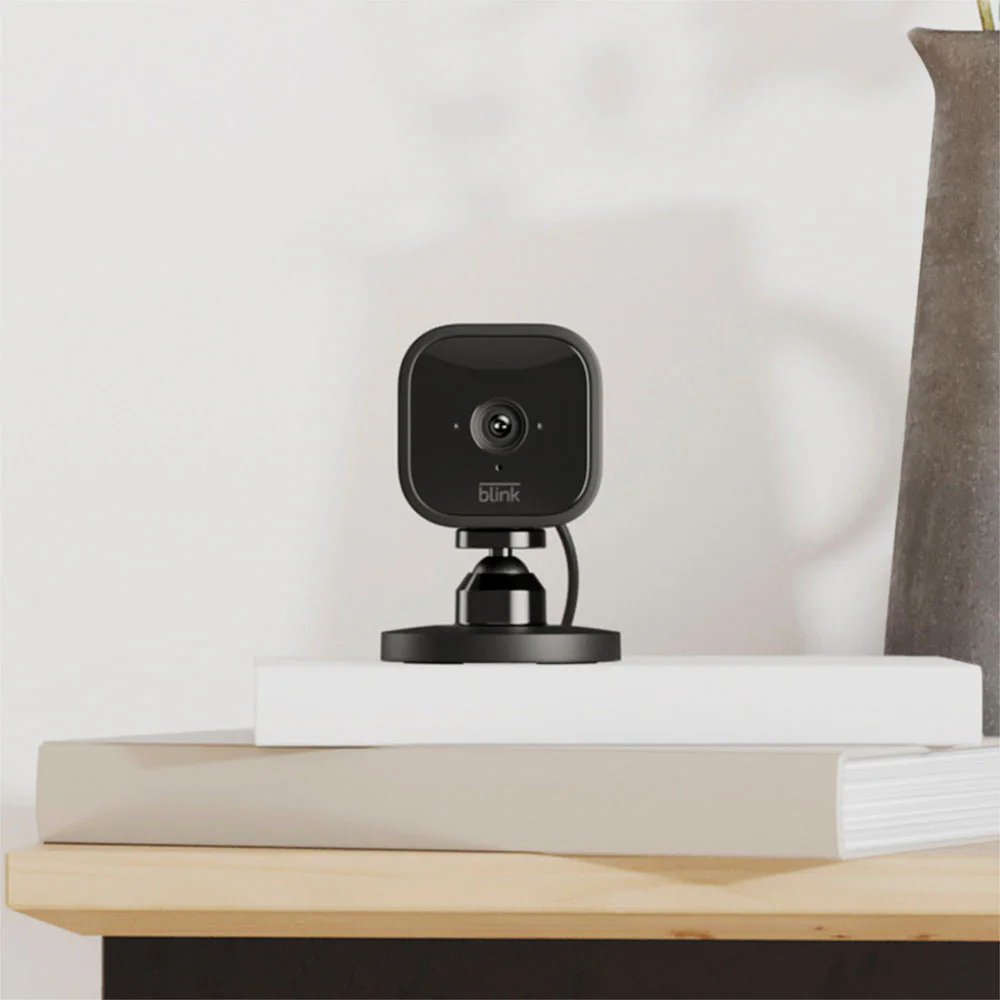
People often worry about security cameras using a lot of electricity. Thanks to technology, modern security cameras utilize a negligible amount of electricity and are built to be energy-efficient.
To be sure the camera you’re considering is energy-efficient, it’s still essential that you review its specifications.
Should Home Security Cameras Be Visible?
There is a debate about whether or not home security cameras should be visible. Some people think that visible cameras can stop intruders, while others think hidden cameras are better at catching suspicious activity. That ultimately depends on your personal preference.
Should Security Cameras Be Above or Below Lights?
When it comes to installing security cameras, one question that often arises is whether they should be installed above or below lights.
Also, the general rule of thumb is that cameras should be installed above lights, as this provides better lighting for capturing footage.
How Far Apart Should Security Cameras Be?
The distance between your security cameras is another important consideration. Ideally, cameras should be placed far enough apart to ensure that they capture a wide angle of the area being monitored.
However, the cameras should be placed close enough to ensure that there are no blind spots.
How Many Cameras Do You Need Outside?
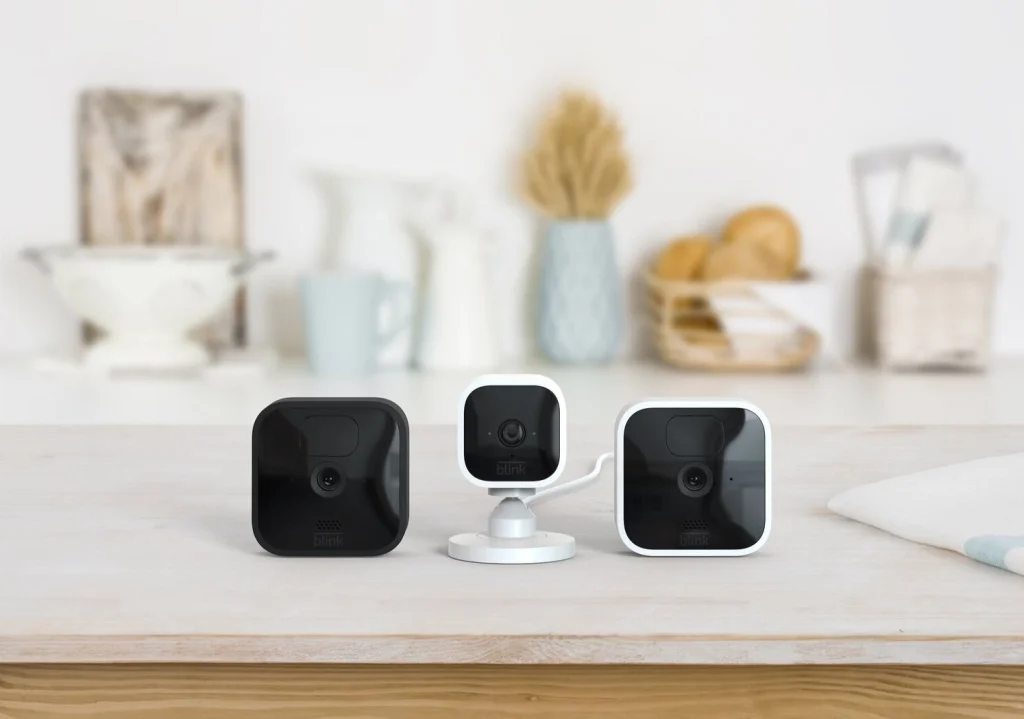
The number of outdoor cameras you need is based on the size and layout of your property. Typically, you should have at least one camera aimed at every entrance to your home and any vulnerable areas, such as ground-level windows.
How Many Security Cameras Do I Need for My House?
Typically, the number of security cameras you need is determined by the size of the house and the number of entrances. Normally, you should have at least one camera for each entrance and vulnerable area.
How Far Can Home Security Cameras See at Night?
Furthermore, the quality of the camera and the intensity of ambient light are two elements that affect how far home security cameras can see at night.
Also, typically, security cameras can see up to 30 feet at night. However, it may differ based on the camera’s quality and the light conditions.
Conclusion
In conclusion, security cameras can provide an added layer of protection for your home and family. Remember to place your cameras strategically in important areas like the front and back doors, windows, and the garage.
Additionally, make sure to consider other factors like visibility, the distance between cameras, and how far they can see at night.
Considering these factors will help you make sure that your security cameras are efficient in detecting any suspicious activity and protecting your home.

